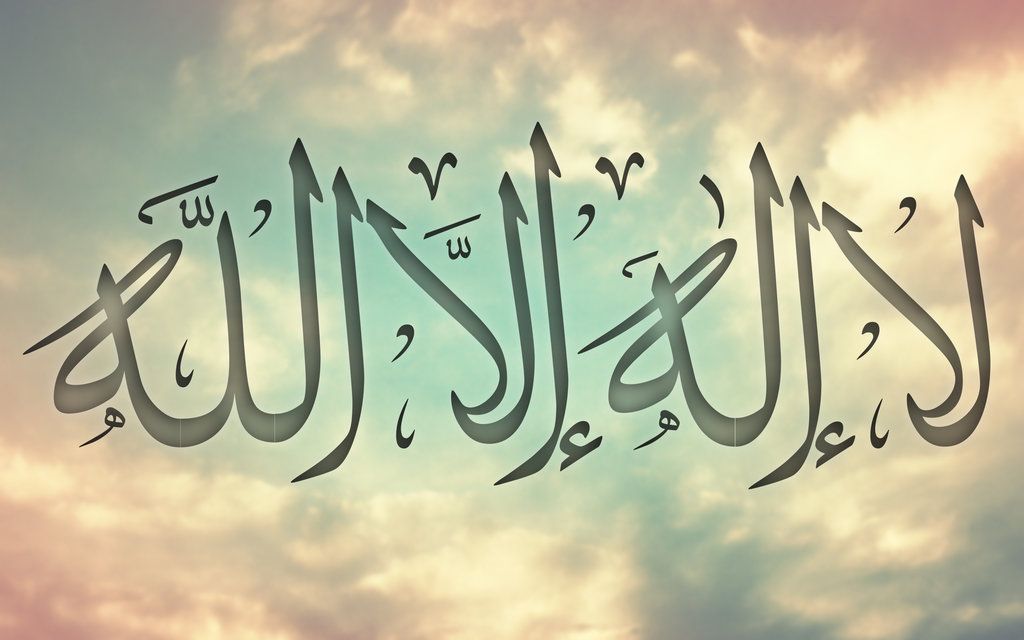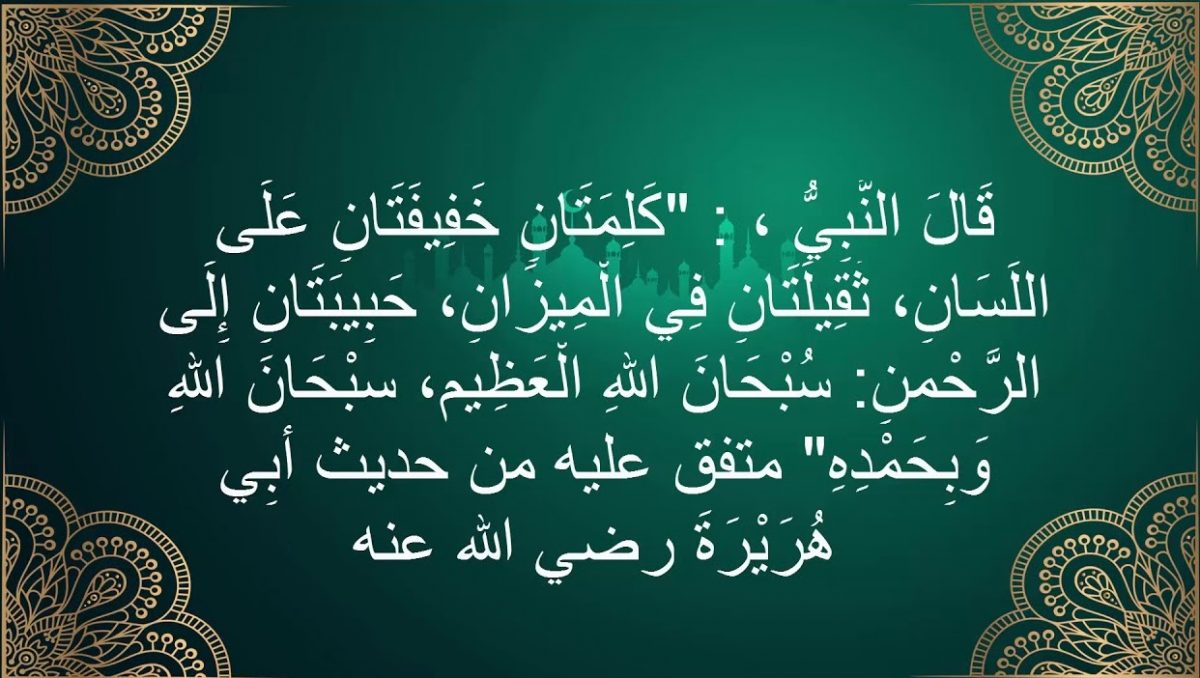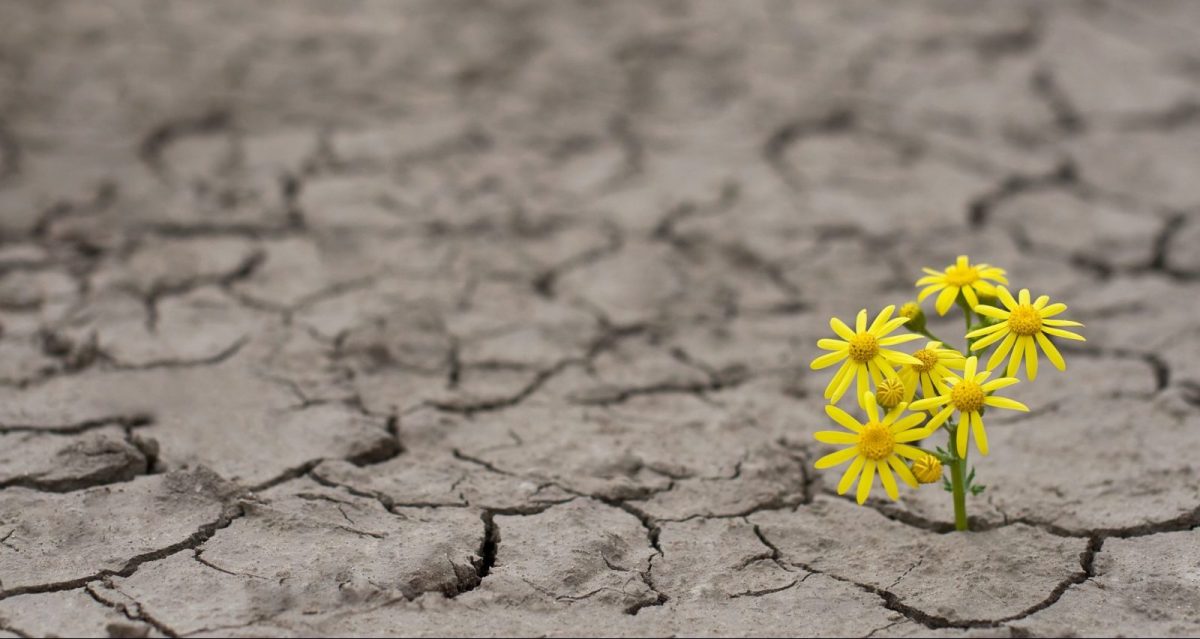بِسْمِ اللهِ الرَّحْمٰنِ الرَّحِيْمِ
As it is nearing the end of the month, let us discuss a matter that is sadly very common these days.
Every Ramadan comes and every year many of the the Muslims who are not usually acting upon Islam usually fix at least one of their issues concerning their belief.
We will not go into the halal and haram, I think we all already agree that worshipping only in Ramadan is incorrect. I just want to send a message to these Muslims.
One of the thought processes that goes by Ramadan Muslims is that they have done enough. As if the actions they performed during this month is enough for the year, until they see another Ramadan then they will repeat the process. Let me tell you a story, of the man who worshipped Allah for 500 years.
The prophet (ﷺ) was told that there was a man in the past who was given shelter on a mountain that was surrounded by salt water. Allah then granted the man a stream through which sweet water flowed; he would drink and make wudu’ from it and also provided him with a pomegranate tree to eat from.
One day the man made dua’ to Allah, to allow him to die in a state of prostration and Allah accepted; every time the angel Jibreel came down he would find the man prostrating.
On the day of judgement, Allah will tell the angels to take this man into Jannah out of His mercy, but the man will insist on entering Jannah from his own good deeds; he will be convinced that 500 years of worship is enough to enter paradise.
Then Allah will tell the angels to bring the scales (“mizan”) and place the gift of eyesight on the other. That gift alone outweighed all those years of worship.
The man will then be turned towards Hell fire, he will plead, “Oh Allah! Enter me into Paradise only through Your mercy!”. The following conversation will occur:
Allah: Oh my servant, who created you?
The worshipper: Oh Allah, You have created me.
Allah: Were you created because of the good deeds you have done or because of My mercy?
The worshipper: Because of Your mercy.
Allah: Who granted you the ability to worship for 500 years?
The worshipper: Oh the Almighty! You have granted me that ability.
Allah: Who placed you on the mountain surrounded by the ocean? Who caused a stream of sweet water to flow in between the salty water? Who caused a pomegranate tree to grow for you? Who granted you death while in the state of prostration?
The worshipper: Oh the Sustainer of the Worlds! You have done all of these.
Then Allah will say, “All these have happened due to My mercy and you too will enter Paradise only through My Mercy.”
This is the state of a man who worshipped Allah constantly for 500 years. We then see Muslims telling themselves that one month is enough. Ask yourselves sincerely, are you worshipping Allah? Or are you worshipping Ramadan?
If we stop praying, if we go back to those sins, if we do not meet even the minimum requirements needed to be a Muslim, then our worship this month will mean nothing to Allah.
We are not even promised a tomorrow, let alone another Ramadan.
May Allah make of the sincere worshippers.
Allah knows best.




